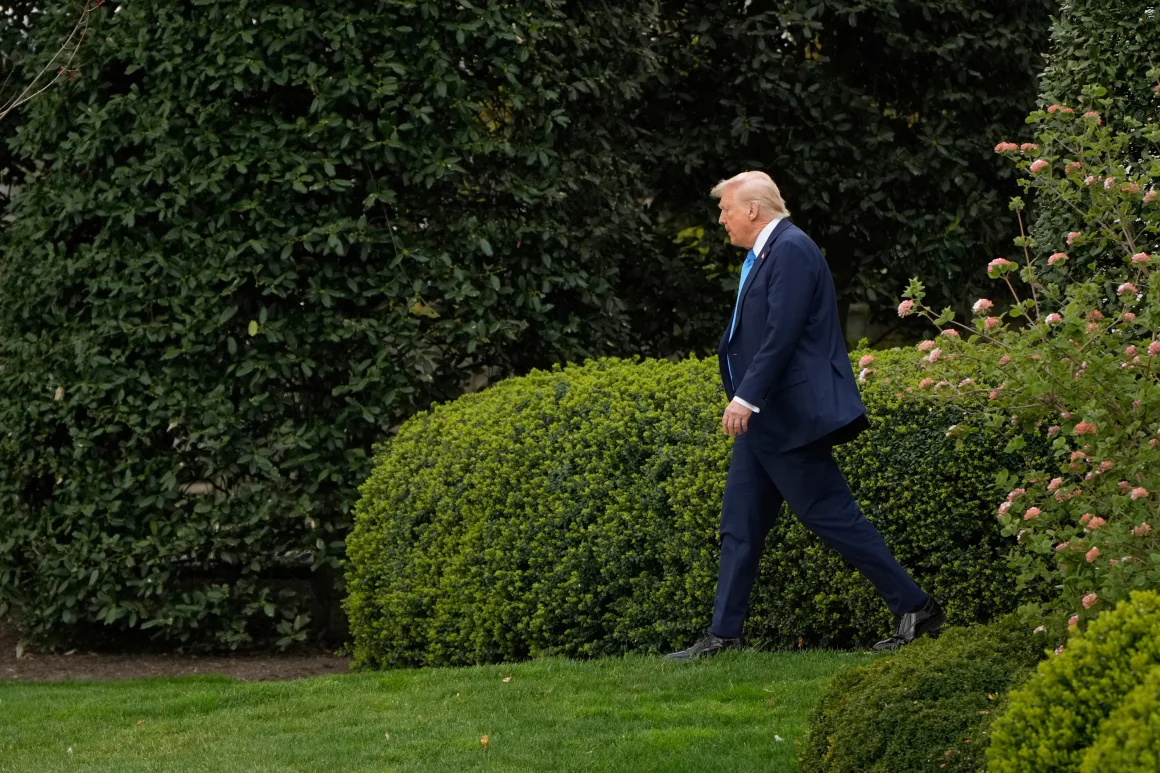In a bold statement reflecting his unapologetic stance on trade policy, former President Donald Trump expressed that he “couldn’t care less” if tariffs lead to rising auto prices. This declaration comes amid an ongoing debate about the impact of tariffs on the automotive industry, as manufacturers and consumers grapple with the potential consequences of increased costs driven by protectionist measures.
Trump’s comments underscore his prioritization of American manufacturing and job creation over consumer prices. By advocating for tariffs, he argues that such measures are necessary to protect domestic industries from foreign competition, particularly in an era where global trade dynamics are rapidly evolving. His administration’s aggressive trade policies aimed at countries like China were framed as essential steps towards achieving economic independence and revitalizing the American manufacturing sector.

Critics of Trump’s stance contend that imposing tariffs on imported auto parts or vehicles can lead to increased expenses for consumers, potentially making cars less affordable for average Americans. Rising prices at the dealership could disproportionately affect working and middle-class families, which has led to calls for a more balanced approach to trade that considers both domestic production and consumer interests.
Despite these concerns, Trump remains steadfast, suggesting that the long-term benefits of revitalizing the American auto industry outweigh the short-term inconveniences that consumers may face. He argues that a reinvigorated domestic market will ultimately lead to more jobs and a stronger economy, allowing consumers to benefit in the long run.
As the debate surrounding tariffs and their economic implications continues, Trump’s remarks highlight the complexities of trade policy in the U.S. The balancing act between protecting domestic industries and ensuring affordable prices for consumers remains a contentious issue that will likely shape economic discourse in the years to come. The question of how best to navigate these challenges resonates not only within the automotive sector but also across various industries affected by global trade policies.
